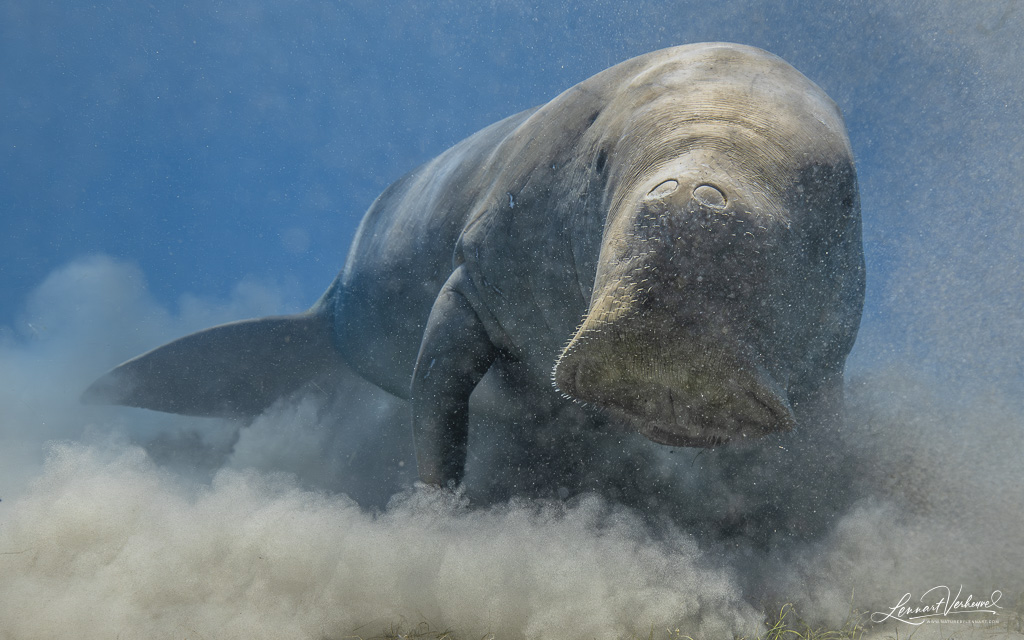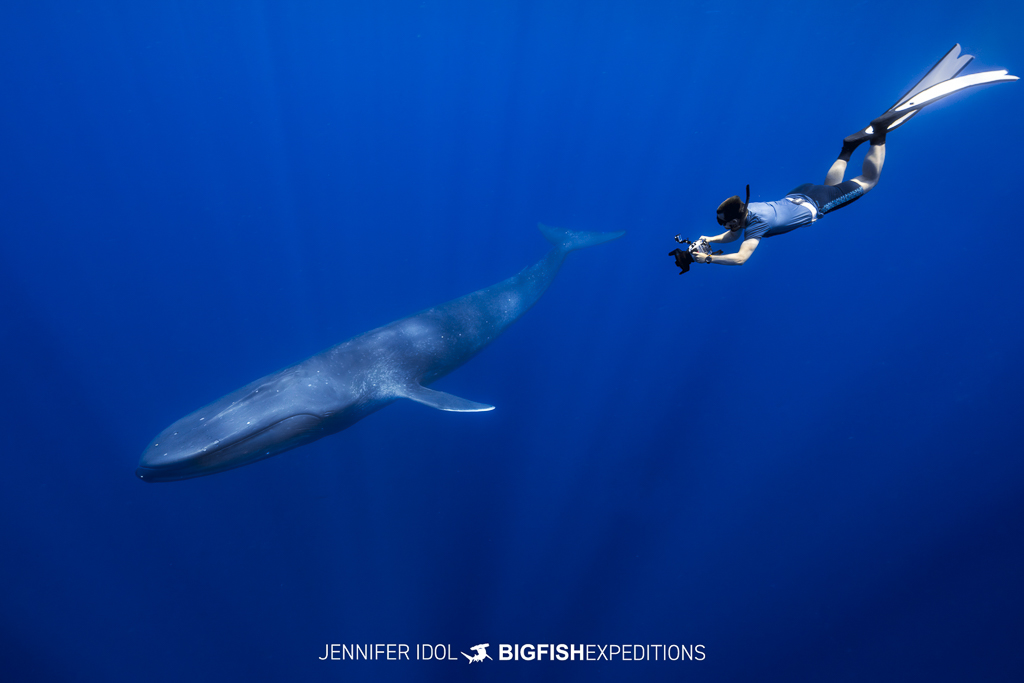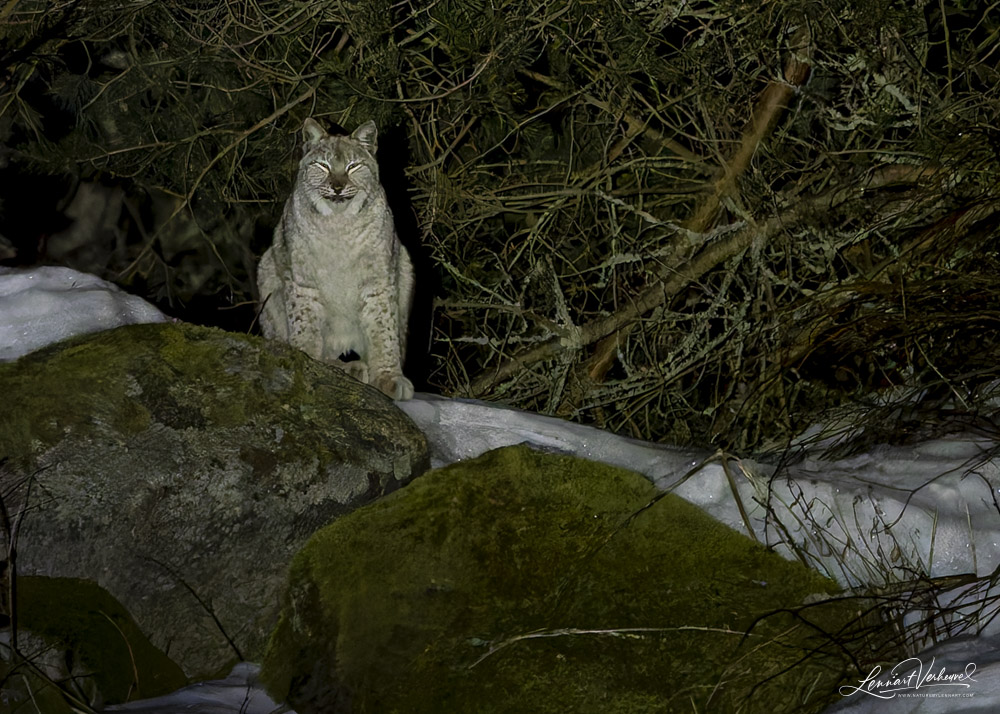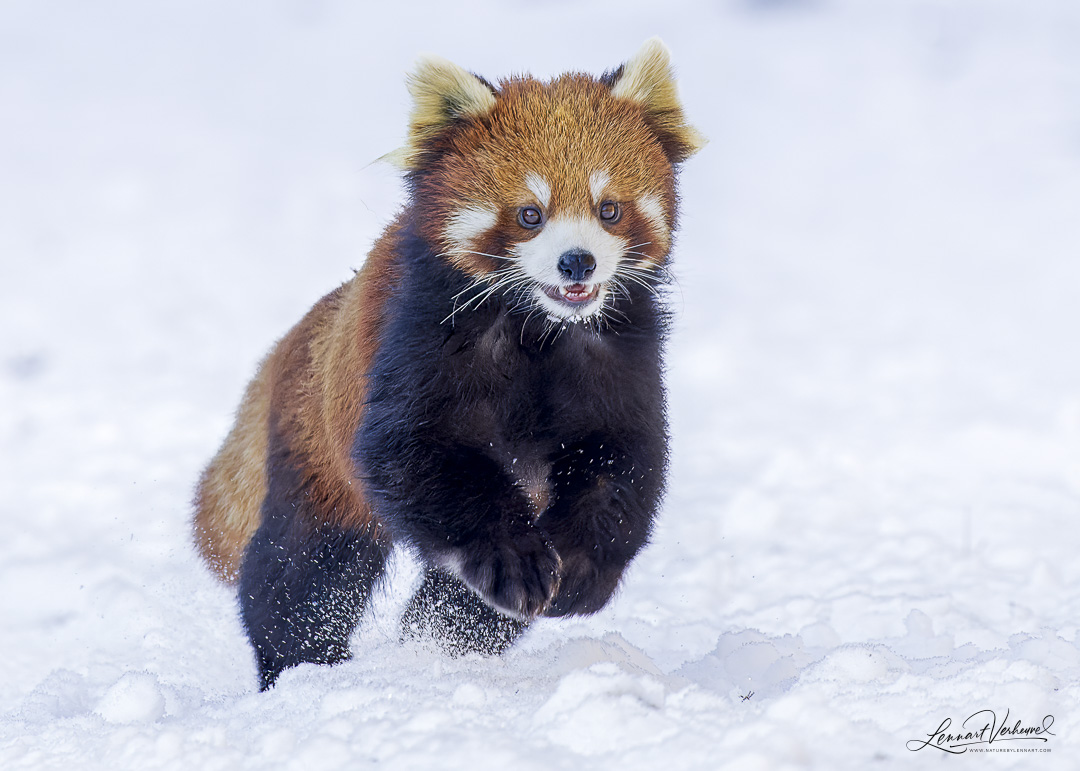- info@naturebylennart.com


The Dugong is a very special animal to see. From the front, it has a sort of vacuum-cleaner-like snout, while from the back, it sports a dolphin-like tail. Its front limbs have evolved into flippers. The Dugong has adapted to the “sea cow model” and belongs to the Sirenia order, which also includes manatees. These animals are thought to once have been mistaken for attractive mermaids by desperate sailors whose perception of female beauty was somewhat impaired by their long sea voyages. In Mexico, I already saw a West Indian Manatee. However, the Dugong was entirely new to me.

Experiencing certain natural phenomena can be an experience like nothing else. Witnessing a solar eclipse, for instance, that happened to me in Chile. I still remember it well and it was one of the most special things I have ever seen. Watching an erupting volcano or a roaring tornado also strikes me as one of those unique experiences. Encounters with animals in the wild can evoke a similar feeling. There is a difference between simply seeing an animal and truly experiencing an animal.

In February 2024, Arie-Willem van der Wal, Jacob Molenaar, and I went to Estonia for a week to search for Eurasian lynx. We planned to spend four days and four nights searching for the lynx, and on the fifth day, we would look for a special duck: the Steller’s eider. Now that the first four days had gone really well, it was time for the icing on the cake!

The Eurasian lynx is much more widely distributed than its Iberian cousin, but much harder to see! The Iberian lynx was the very first cat I ever saw back in 2018, and since then, my list of cat sightings has steadily grown. In Europe, there were only two new cats for me to see: the European wildcat and the Eurasian lynx. I never rushed to look for the Eurasian lynx so far, thinking it will surely happen someday! This year, the opportunity finally arose to seriously make an effort to see it, and with success!

Giant Panda is of course the iconic animal of China. However, the country is also known for another panda: the Red Panda or little panda. This animal actually isn’t even genetically close to the Giant Panda. They are both carnivores and that’s about it. Actually, this animal is genetically distinct not only from the Giant Panda, but also from just about every other animal on the planet. As one of the few animals, the Red Panda single-handedly represents both a genus and a family. That family falls under the superfamily Musteloidea, which also includes raccoons, skunks and weasels. Besides being genetically special, it is also a very attractive animal to look at. So I really wanted to see this one!
Of the several thousand mammal species in the world, the vast majority are not known to the general public. Mention an obscure rodent or bat species and most people don’t have the faintest idea of what you are talking about. The larger mammals are usually more in the picture, but also in that category there are plenty of examples of animals that are not so well known. Often when I am going to look for a special cat, I have to explain more than once which cat it is exactly and where it can be found. This is not so much the case for species such as Tiger, but a species like Rusty-spotted Cat doesn’t ring so many bells. The species I went to look for during Christmas and New Year 2023/2024 I didn’t have to introduce to anyone.